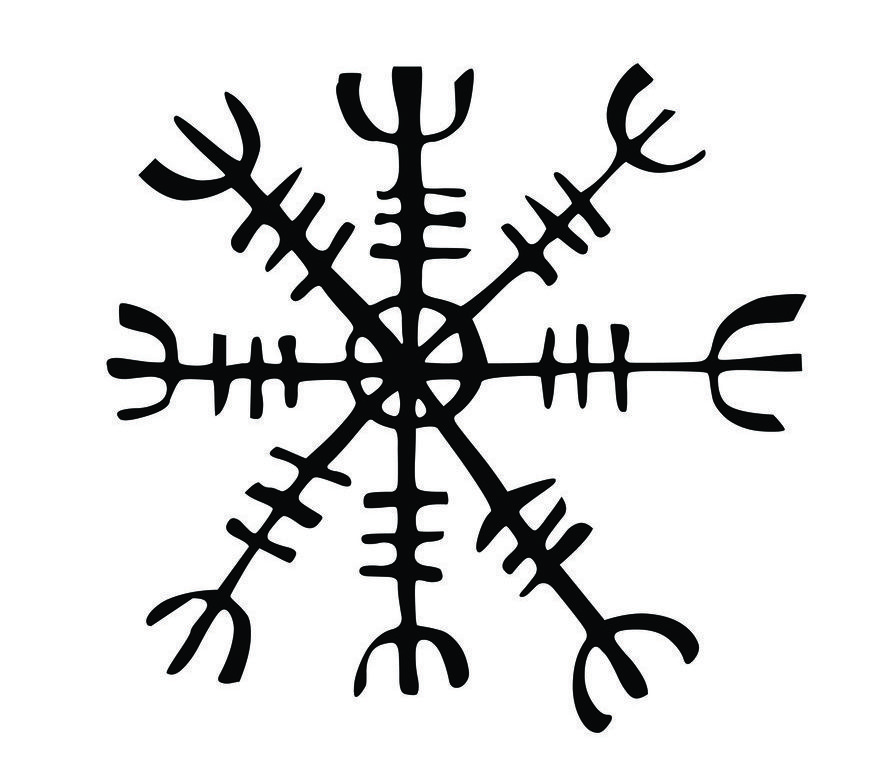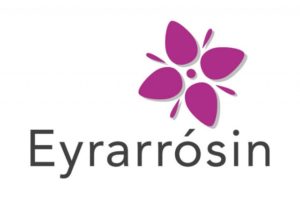Sorcery and magic were not new to the Icelandic community in the seventeenth century. Sorcery was a part of the old Germanic religion and the oldest mentions in Icelandic of magic or sorcery are found in the Eddic poetry which were composed long before Christianity was accepted in 1000 AD.
We do not know much about the magic that the heathen Icelanders practiced but it was connected with the cult of Óðinn and his vast wisdom and mastery of runes. Sorcery is also mentioned in the Icelandic Sagas but it must be kept in mind that these were written two centuries after the advent of Christianity. Two of the most famous sorcerers mentioned there are Egill Skalla-Grímsson, viking, poet, and farmer, and Svanur of Svanshóll in Strandir whose description is found in Njál’s Saga.
It is unlikely that the practice of sorcery was completely stamped out in a matter of decades and the Catholic Church, which in Iceland was always quite independent of Rome, was fairly tolerant of the use of benevolent magic. However, in 1343 the annals tell us that a Norwegian bishop had a nun burnt for blasphemy and communicating with the devil, and in 1407 a man was burnt in the Nordic community in Greenland for using sorcery to seduce a married woman. Other mentions of proceedings against magicians have not been found prior to the Reformation in the middle of the 16th century.



